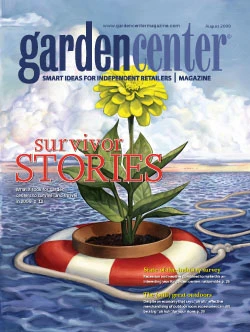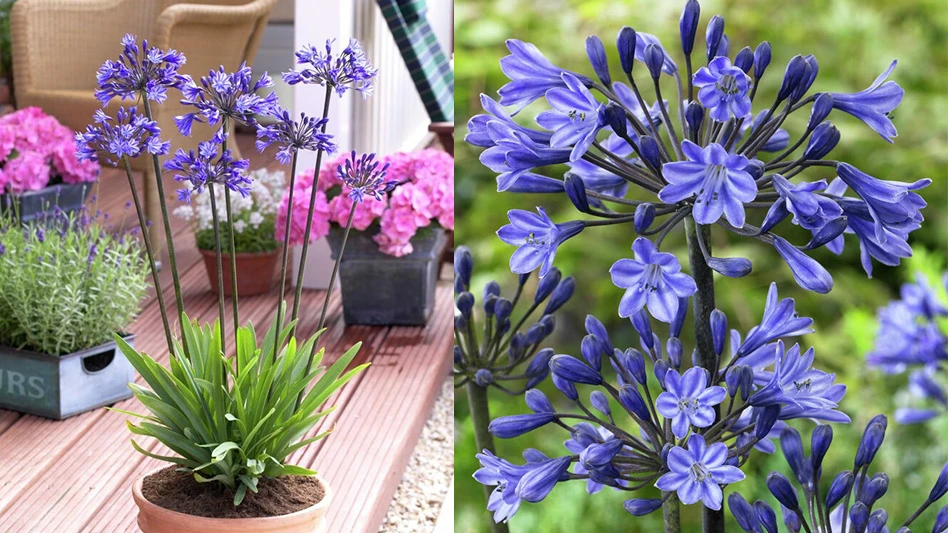
Here are some of the beneficial insects and organism that eat the pests in our gardens and landscapes:
 Predators
Predators
Lady beetles (or lady bugs) – These are the most well-known of all beneficial insects. They eat aphids, chinch bugs, asparagus beetle larvae, thrips, alfalfa weevils, grape root worms, Colorado potato beetle larvae, whitefly, and mites, as well as many other soft-bodied insects and eggs. Lady bugs are sold as adults. They should be kept refrigerated and sold within a week or two of receiving.
Green lacewing larvae – The adult is a delicate, light-green flying insect – often seen around porch lights at night. The larvae, also known as an aphid lion, is similar in shape to the lady bug larva but is brown- and tan-colored. The larvae eat aphids, leafhopper nymphs, mealybugs, moth eggs, scales, spider mites, thrips, and whiteflies. Green lacewings may be shipped as eggs, larvae, or adults.
Parasites
Trichogramma wasps – These wasps are barely visible and do not sting us. However, they can parasitize more than 200 different caterpillar species. Trichogramma wasps are available in at least three different strains, depending on your location and the type of plant.
Sources: Arbico Organics, arbico-organics.com; A-1 Unique Insect Control, a-1unique.com; Nature’s Control, naturescontrol.com; Peaceful Valley Farm and Garden Supply, groworganic.com.
Fungicidal microbes
Compost tea – Properly brewed, compost tea contains a wealth of beneficial microorganisms, including some that fight diseases. SoilFoodWeb.com.
Actinovate – This product contains a beneficial bacterium that fights fungus. A water-soluble powder, it can be drenched into the soil or sprayed onto leaves. It suppresses and controls root rots and other soil-borne diseases such as Fusarium, Phytophthora, Pythium, Rhizoctonia, and Verticillium. NaturalIndustries.com.
Serenade – A convenient disease control product, Serenade is available in liquid concentrate, ready-to-spray, and ready-to-use forms. It is made from a strain of a microbe, Bacillus subtilis. Its label contains a long list of diseases that it treats – both fungal and bacterial – including Alternaria, Anthracnose, black spot of rose, Botrytis, Erwinia, Phytopthora, Pseudomonas, and Xanthomonas. SerenadeGarden.com.
Insecticidal microbes
Nosema locustae – This protozoa is a disease for grasshoppers, mole crickets, Mormon crickets, and black field crickets. Nolo Bait and Semaspore Bait are products that contain N. locustae mixed with wheat bran as a bait. GoodBug.com; PlanetNatural.com
B.t. – Bacillus thuringiensis may be the best-known microorganism used for pest control. There are two different strains: one controls caterpillars, and one controls mosquito larvae. B.t. kurstaki (Dipel, Thuricide, or Safer brand Caterpillar Killer) is the control for caterpillars. B.t. israelensis (Mosquito Dunks; Gnatrol) is effective in controlling mosquito larvae, black flies, and fungus gnats.
Beneficial nematodes - Beneficial nematodes are a different species than the dreaded root-knot nematodes, of course. These microscopic worms control many pests that have a larval or egg stage in the soil. Many of the suppliers listed previously also carry beneficial nematodes.
Milky spore – Bacillus popillae controls Japanese beetle larvae, or grubs. In a powder form, it is slow to act, but long-lasting. Sometimes it is recommended in combination with beneficial nematodes for greater control of the grubs.
 Not all of these products are available in every state; check with different manufacturers regarding availability. With products that are alive, it is important to provide the proper storage and to ensure freshness for our customers. Find out from manufacturers or suppliers about shelf life and the best storage climate. Check for expiration dates or codes on products such as Serenade and Nolo Bait, and store them in climate-controlled areas.
Not all of these products are available in every state; check with different manufacturers regarding availability. With products that are alive, it is important to provide the proper storage and to ensure freshness for our customers. Find out from manufacturers or suppliers about shelf life and the best storage climate. Check for expiration dates or codes on products such as Serenade and Nolo Bait, and store them in climate-controlled areas.

Explore the August 2009 Issue
Check out more from this issue and find your next story to read.
Latest from Garden Center
- Meet the All-America Selections AAS winners for 2025
- AmericanHort accepting applications for HortScholars program at Cultivate'25
- 2025 Farwest Show booth applications now open
- The Garden Center Group hosting 'The Financial Basics of Garden Retailing Workshop Series'
- Weekend Reading 11/22/24
- Hurricane Helene: Florida agricultural production losses top $40M, UF economists estimate
- Terra Nova Nurseries shares companion plants for popular 2025 Colors of the Year
- Applications open for Horticultural Research Institute Leadership Academy Class of 2026





